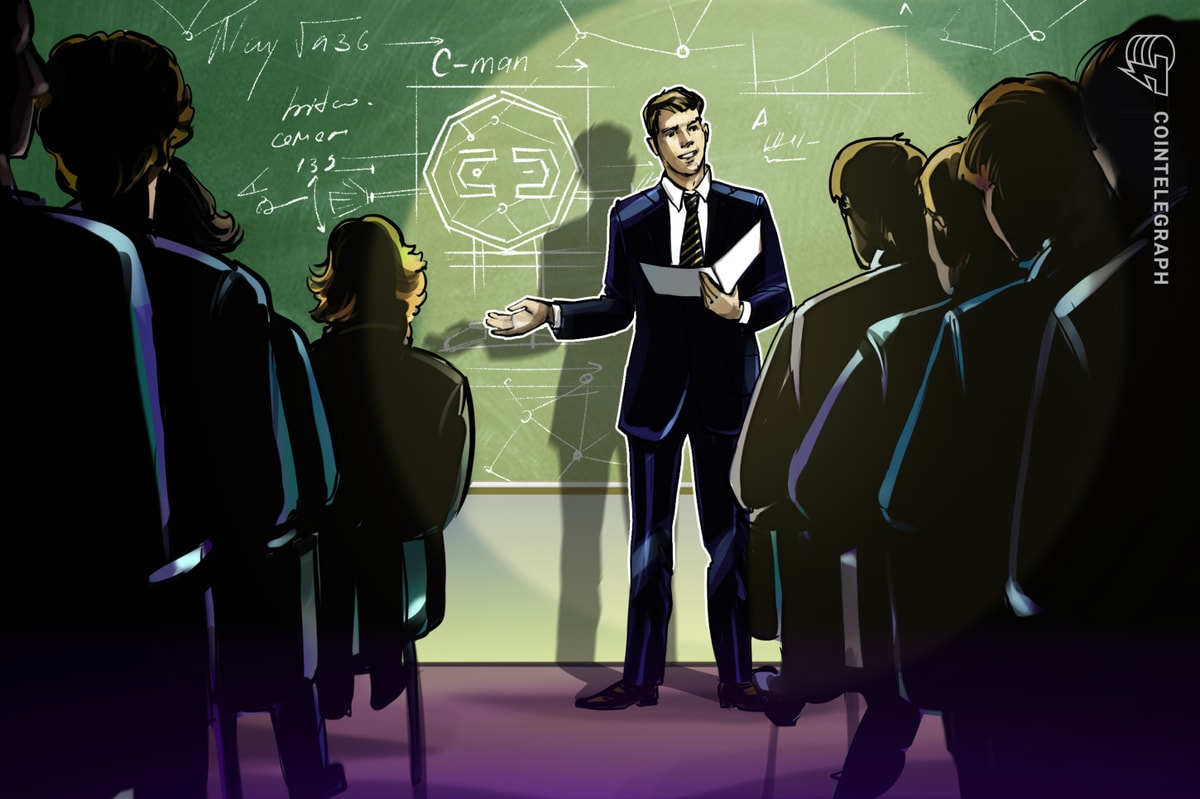Major players from within the Hedera and Algorand ecosystems – including the HBAR Foundation and Algorand Foundation – announced the launch of a new alliance called the DeRec Alliance on Jan. 11 to build a decentralized recovery system for digital assets.
The alliance was unveiled at the CFC St. Moritz conference by Dr. Leemon Baird, the co-founder of Hedera, and John Woods, CTO of Algorand Foundation, during a joint panel.
According to the two DeFi executives, the DeRec Alliance aims to streamline the process of securing and recovering digital assets, aligning with conventional Web2 experiences.
Dr. Baird encouraged every blockchain and industry to create standards and open-source code to “bring safety to the promise of Web3, without the complexity."
Along with the DeRec Alliance, the Decentralized Recovery (DeRec) open-source protocol was introduced as a standardized approach to secret management.
It is built on the idea of secret sharing among a designated set of helpers, such as friends or businesses, and allows users to recover their secrets when necessary. Each helper's share reveals no information about the original secret, and the system ensures recovery even if a user loses their recovery device.
Related: From code to community: How to attract developers and users in the world of ZK technology
Woods commented on the initiative saying that:
"Seamless user experience is core to any great product... we need to maximize ease of use, and minimize risk associated with self-sovereignty.”
The DeRec protocol operates with automatic confirmations that helpers retain shares of secrets, along with automatic re-sharing when secrets change or helpers join or leave. Additionally, identities or numbers of helpers do not need to be disclosed - even the helpers remain unaware of each other.
This development comes as the DeFi space continues to grapple with security issues.
On Jan. 10 the United States Commodity Futures Trading Commission (CFTC), which regulates the U.S. derivatives markets, released a report of recommendations for policymakers and industry players to mitigate DeFi-associated risks.
Cointelegraph reached out to both developers included for additional information.
Magazine: MakerDAO’s plan to bring back ‘DeFi summer’ — Rune Christensen











